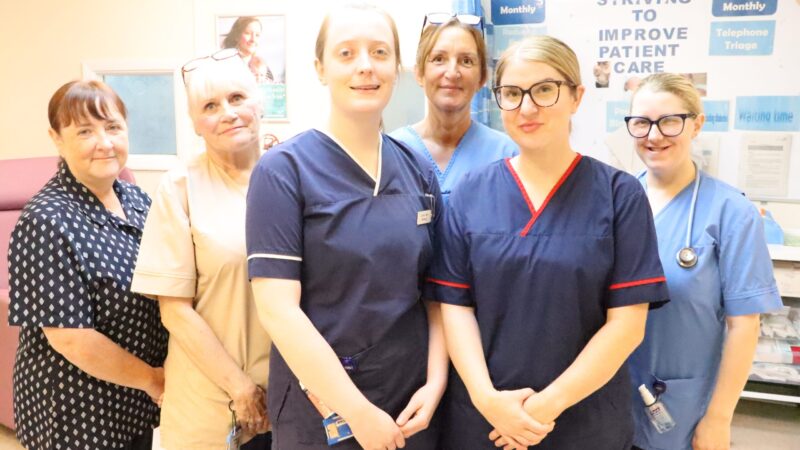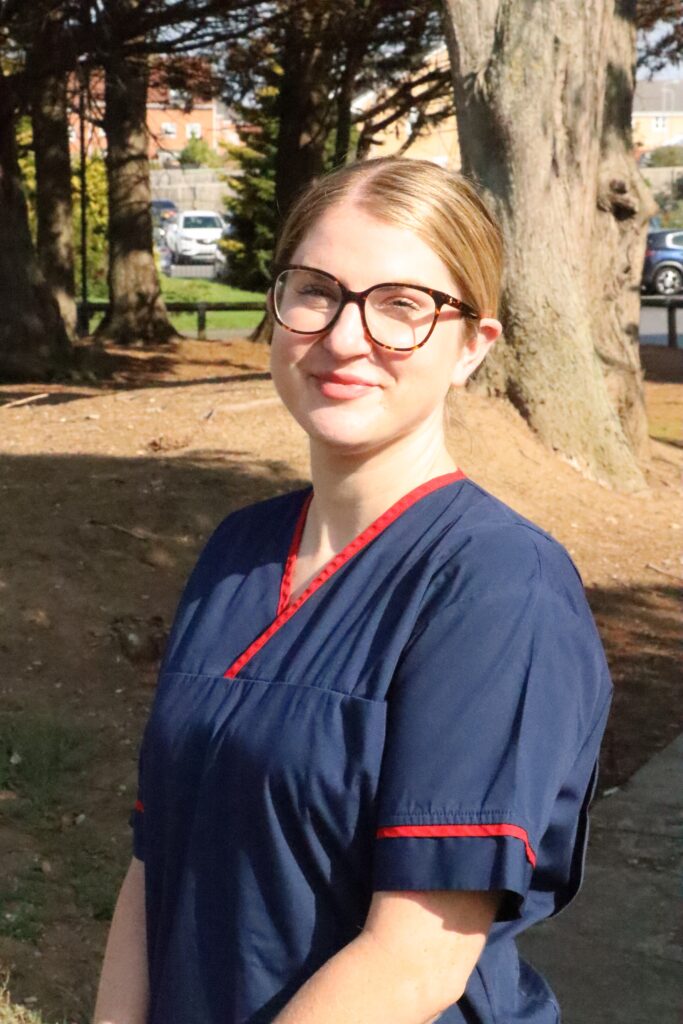
Women requiring emergency support during their maternity journey are now benefitting from an improved system of 24-hour support at the University Hospital of North Tees.
Any pregnant woman who attends the hospital’s maternity assessment unit will be assessed according to the Birmingham Symptom-specific Obstetric Triage System.
Priority care
This established process identifies and classifies clinical urgency, ensuring women in the most need receive priority care.
On arrival at the maternity assessment unit, all women will be seen within 15 minutes by a midwife who will identify the main reason for their attendance and classify their clinical urgency.
They will be allocated a triaged status and will be treated in order of clinical priority, meaning those in the most need will be seen first.
The triage system was first introduced in May 2025, initially during standard working hours.
Outstanding results
From 20 to 31 May the pilot scheme yielded some outstanding results:
- 252 women were seen in maternity triage with 92% having their initial assessment within 15 minutes, exceeding the standard of 90%
- Seven women were triaged as red with all seven receiving the required immediate care
- 50 women were triaged as orange (meaning ongoing care is required within 15 minutes) with 88% receiving this care, exceeding the standard of 80%
- 120 triaged as yellow (requiring ongoing care within 1 hour) with 98% receiving this care, exceeding the standard of 80%
- 75 triaged as green which (ongoing care within 4 hours) with 100% receiving this care, exceeding the standard of 80%

Thanks to the hard work and commitment of the maternity team, the service is now operating 24-hours a day.
Thanks to the maternity team
Hannah Matthews, interim head of midwifery, said: “The 24-hour triage will have a huge, positive impact for the women in our region for years to come.
“By applying the Birmingham triage system we can ensure consistent assessments, diagnoses and treatments are delivered.
“I’d like to thank the maternity team who have put their commitment to our patients first and agreed to new working patterns and shifts in order to make our new 24-hour service possible.”